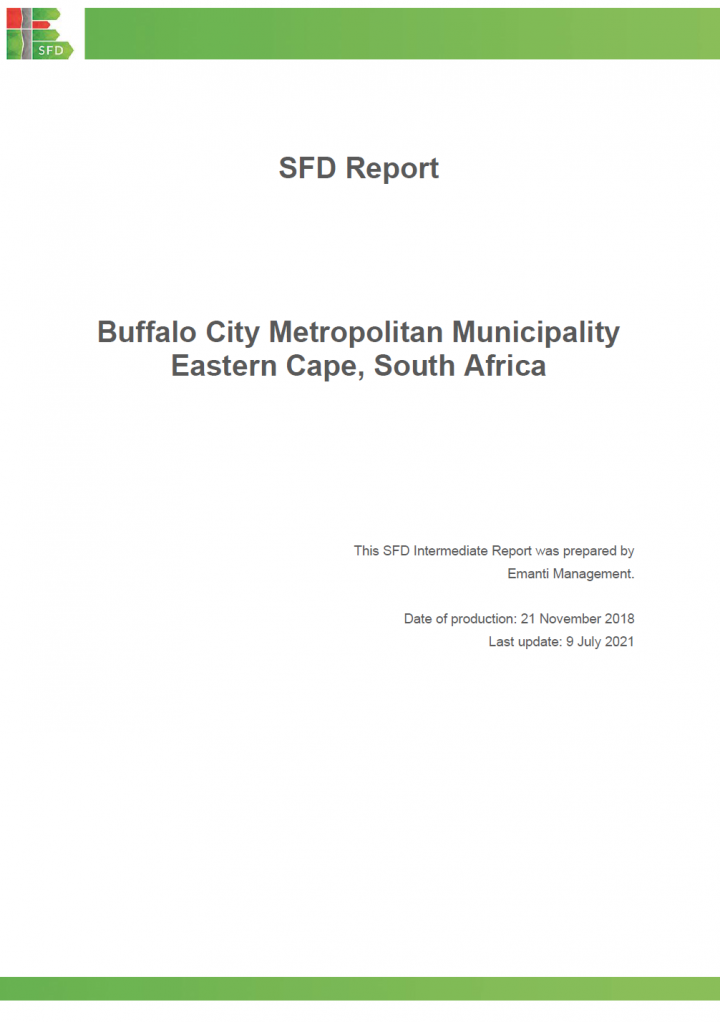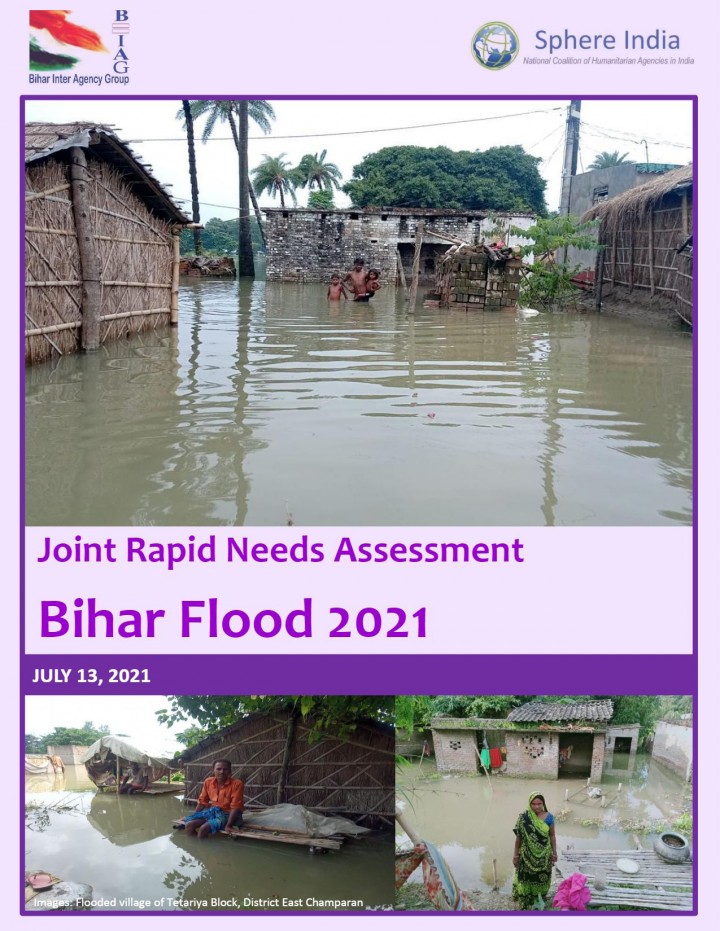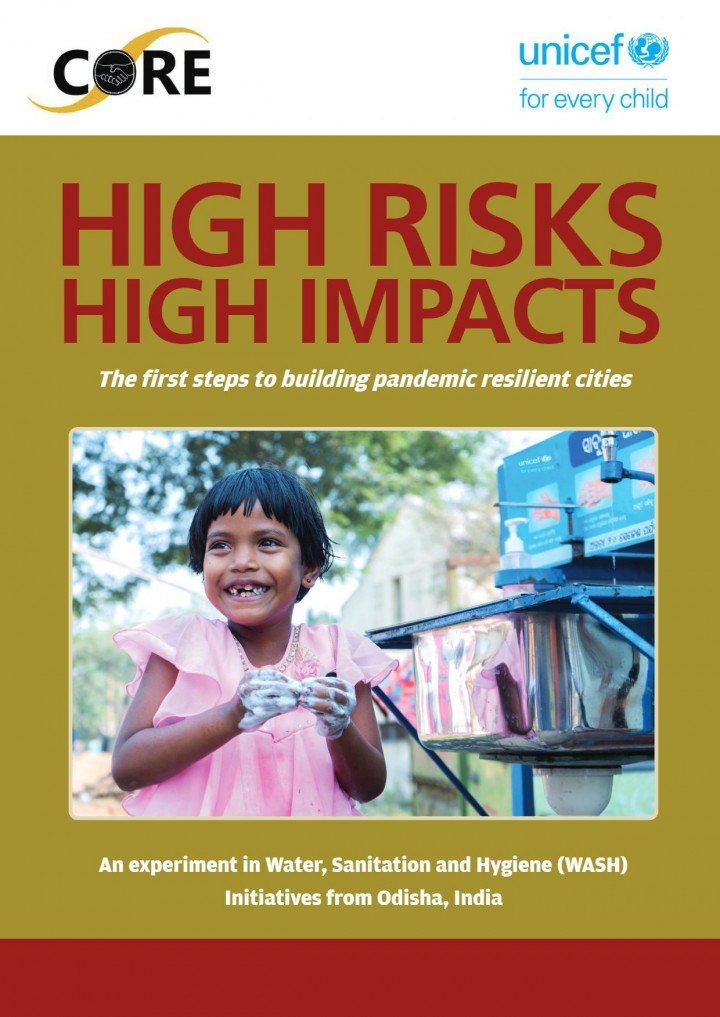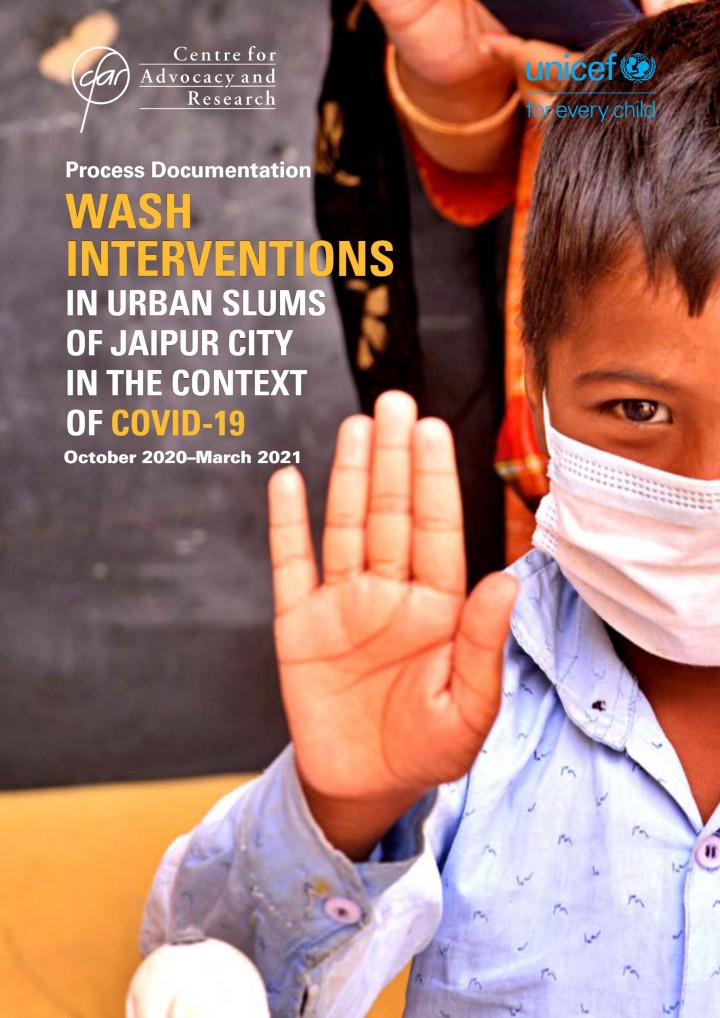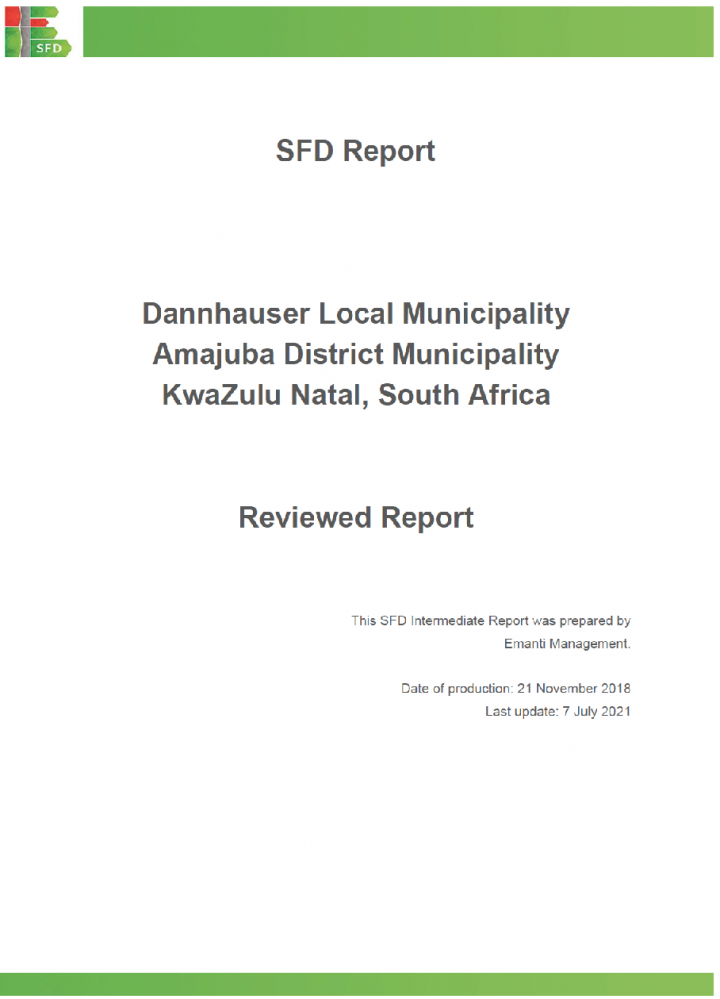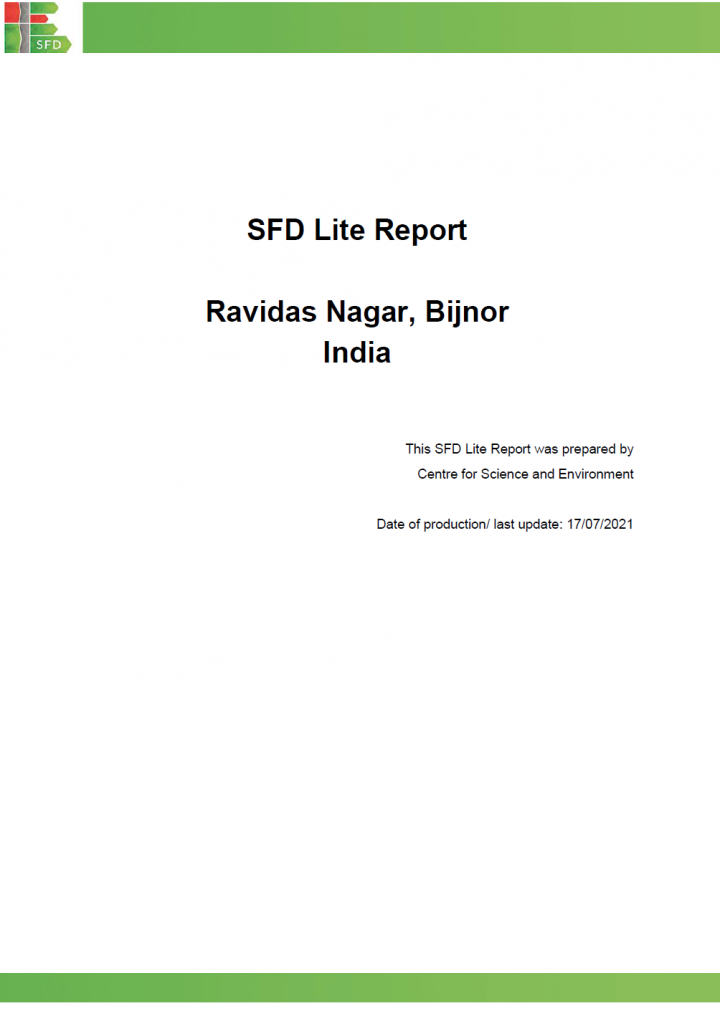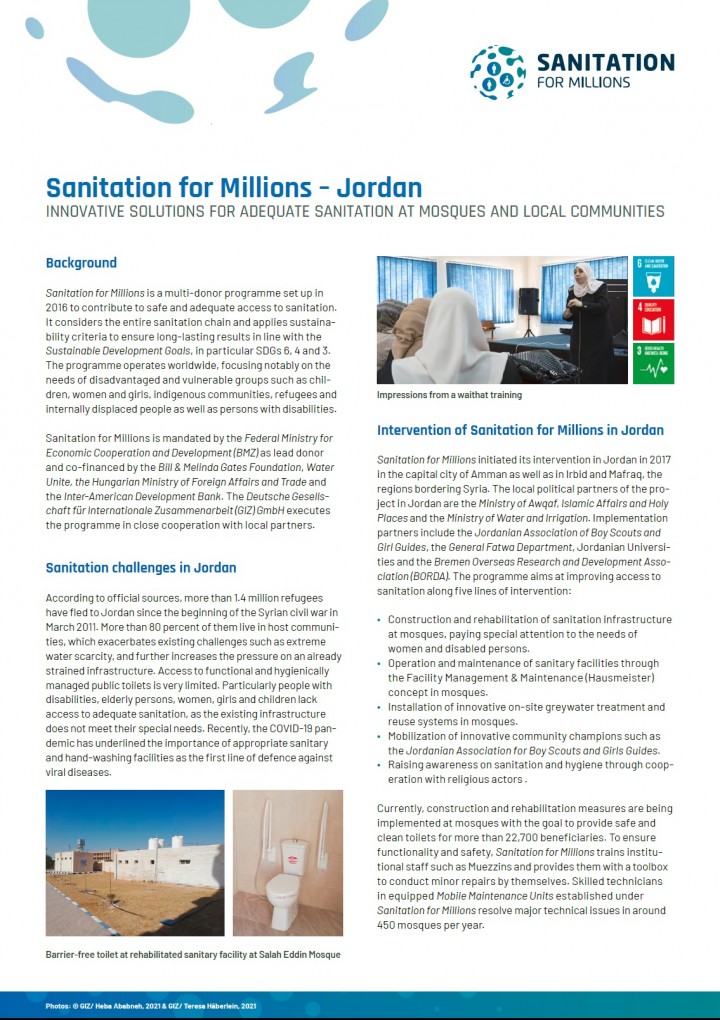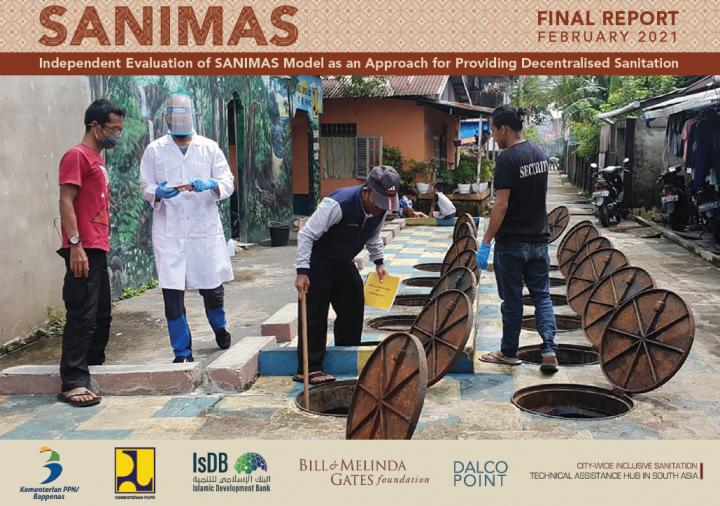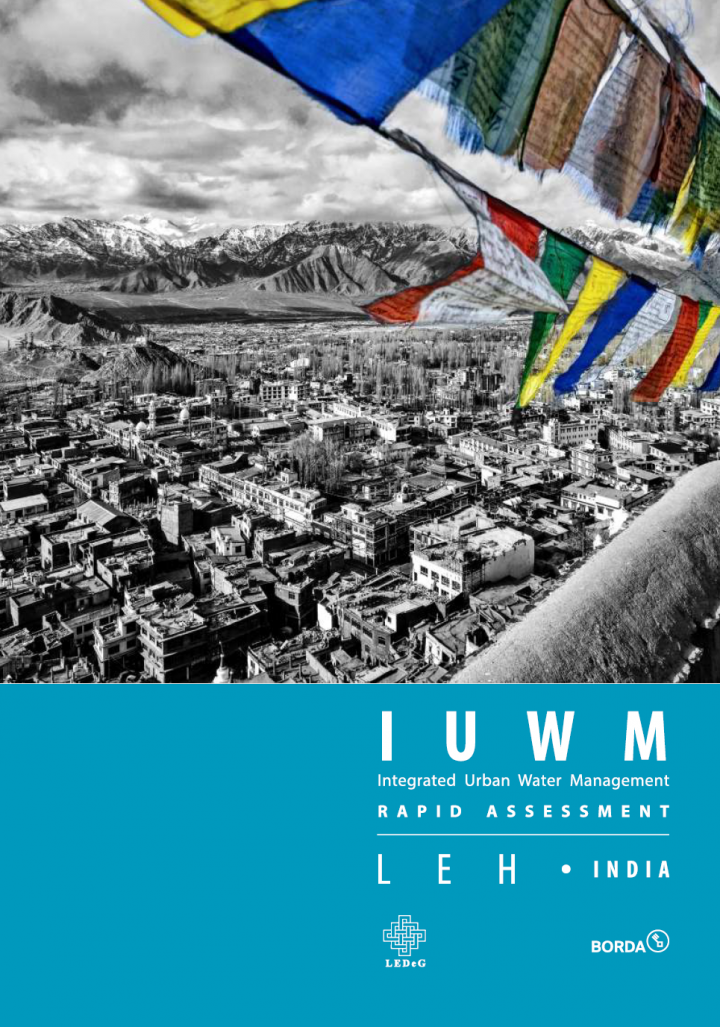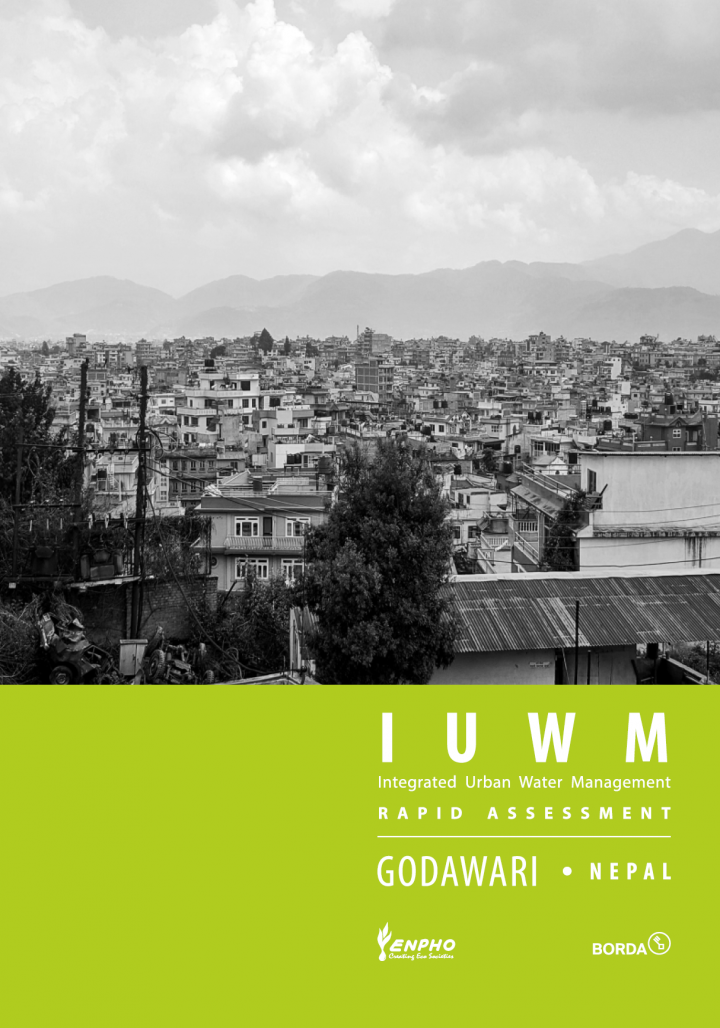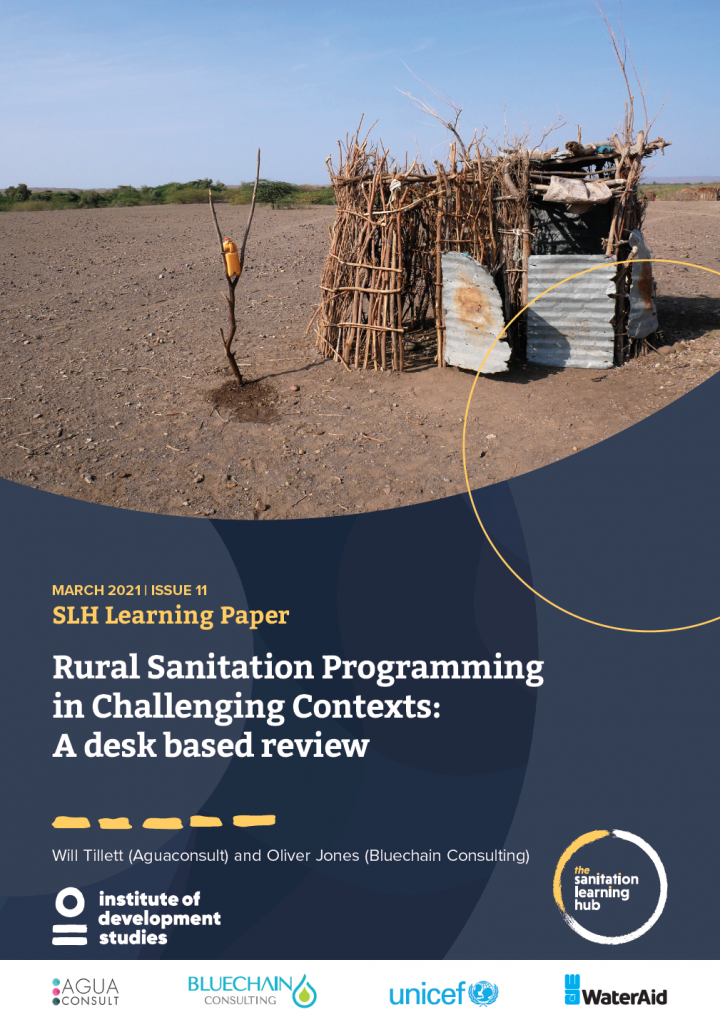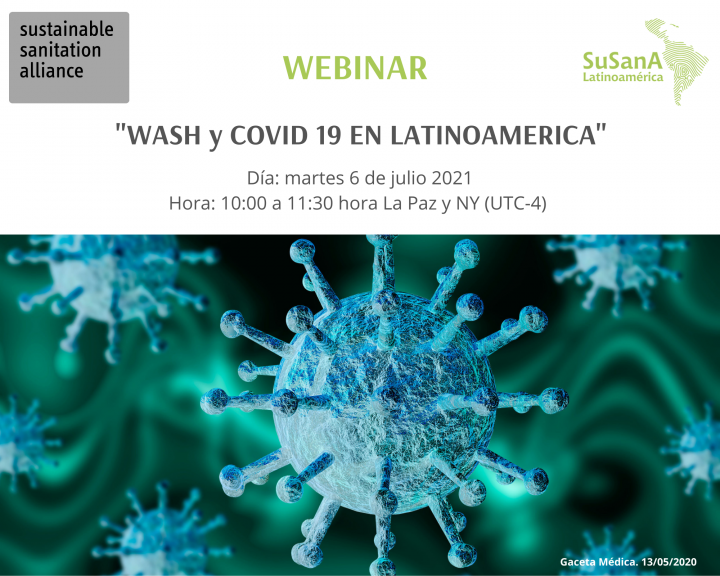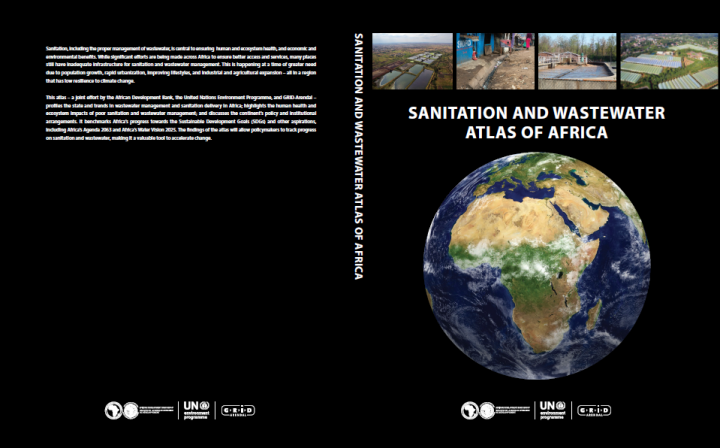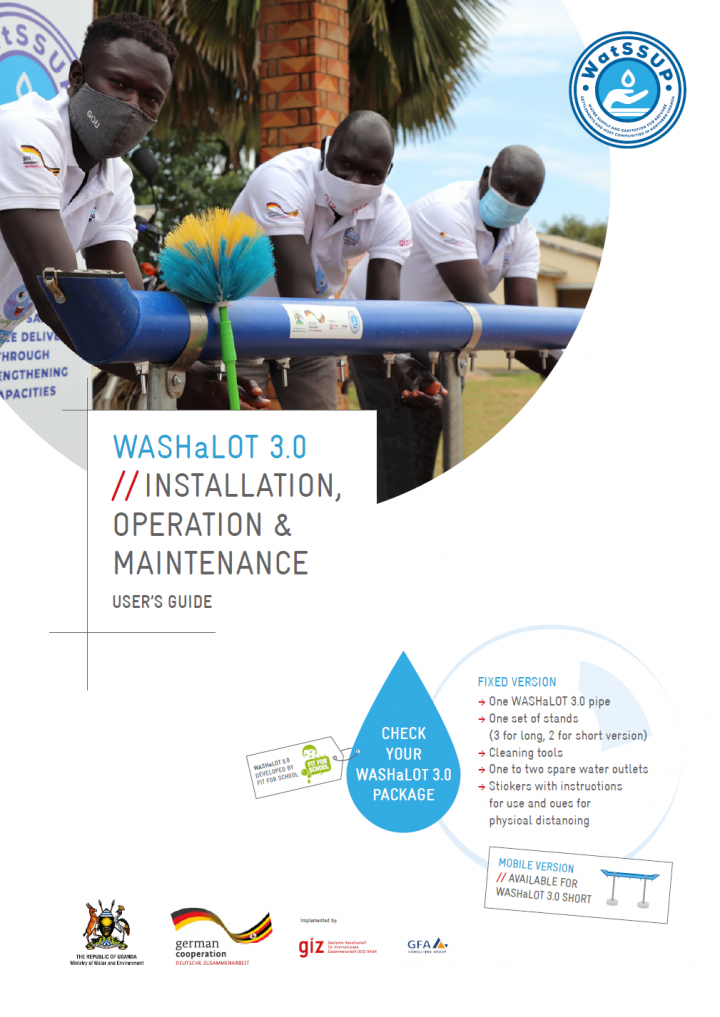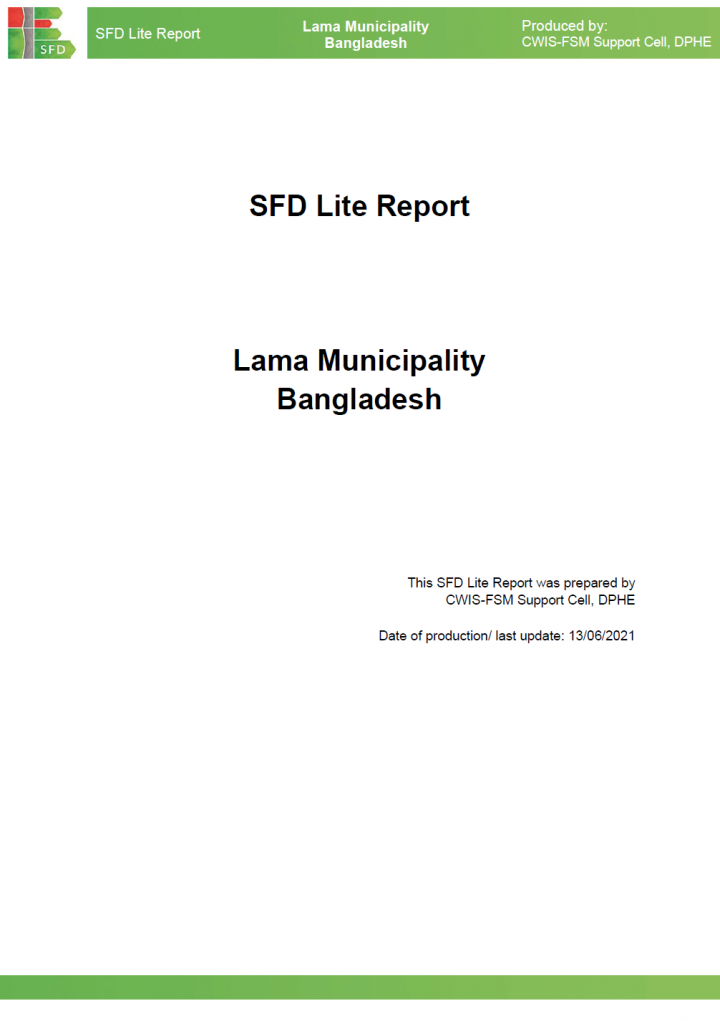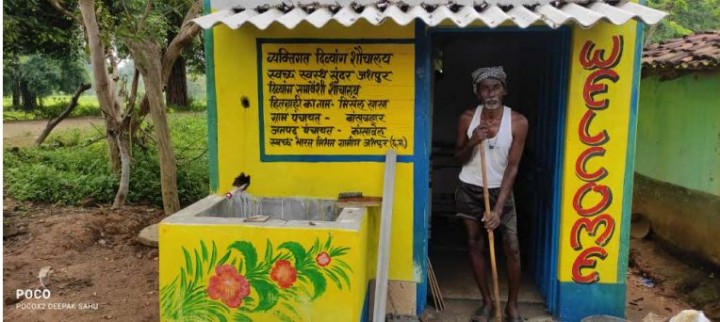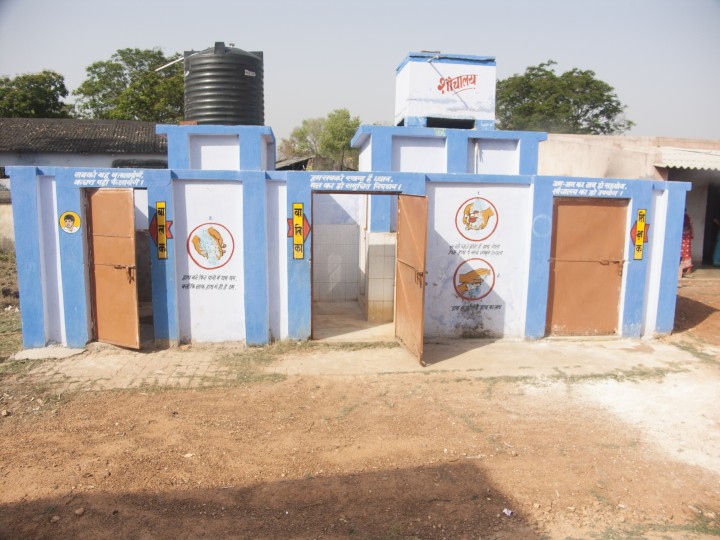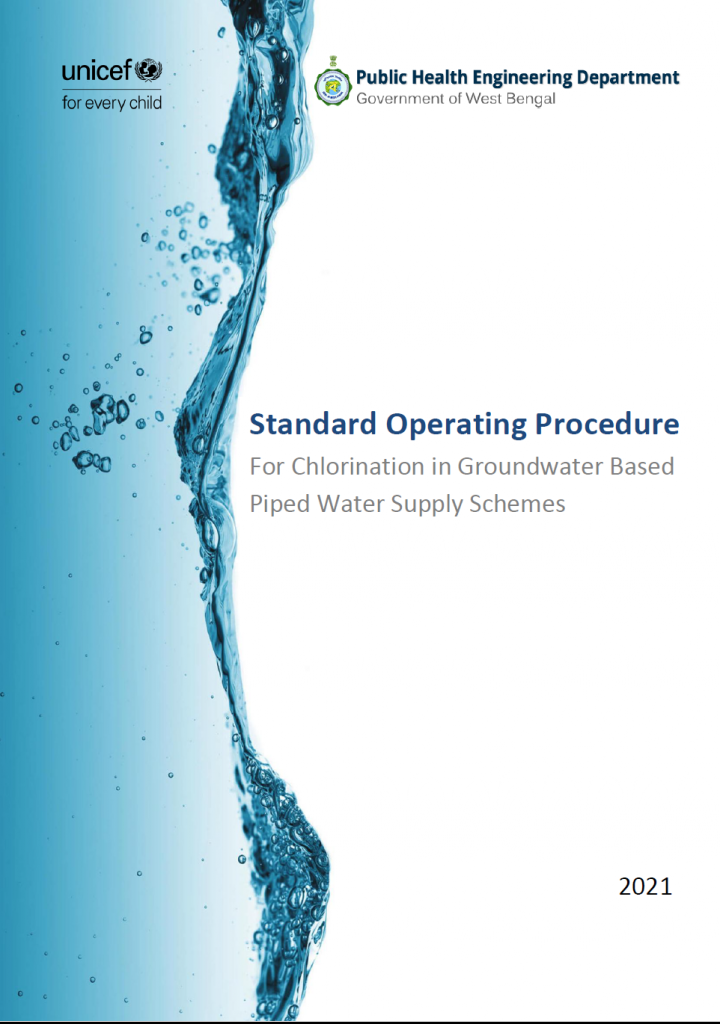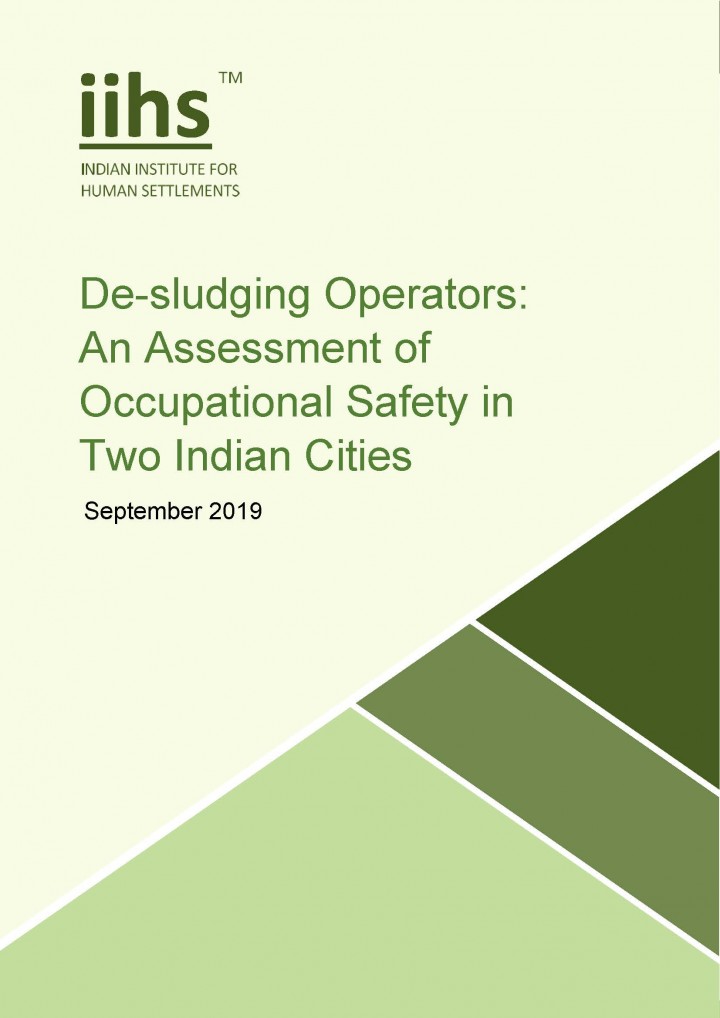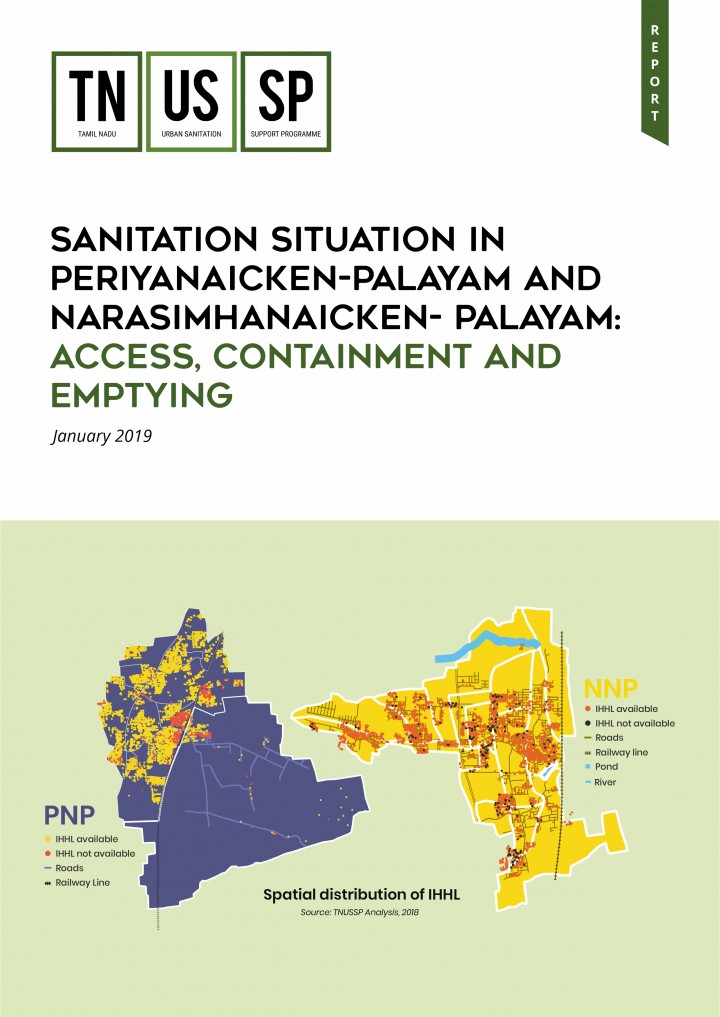Emanti Management (Pty) Ltd (2021) SFD Report Buffalo City Metropolitan Municipality Eastern Cape, South Africa
This SFD Intermediate Report was developed for Buffalo City Metropolitan Municipality (BCCM). The BCCM is categorised as a Category A Metropolitan Municipality. Initially established as a local municipality in 2000 after South Africa's reorganisation of municipal areas, it was separated from the Amathole District Municipality and converted into a Category A metropolitan municipality. The main cities/towns in the BCMM are Bisho, Dimbaza, East London, Kidd's […]
Sphere India, Bihar IAG (2021) Joint Rapid Needs Assessment of Bihar Floods 2021
As per Sphere India and State Inter Agency Group Bihar Standard Operating Procedures, adapted to address the COVID 19 pandemic scenario prevailing in Bihar, Joint Rapid Needs Assessment (JRNA) were conducted across the highly flood affected three districts of the state; East Champaran, West Champaran and Muzaffarpur through secondary sources, […]
UNICEF (2021) High Risks High Impacts The first steps to building pandemic resilient cities
At the onset of the pandemic, UNICEF has worked in close coordination with the Government and other development partners including WHO, primarily focusing efforts towards supporting coordinated actions for the preparedness, containment and mitigation of the outbreak. UNICEF with its response has adopted a multi-sectoral […]
Khastagir, S. (2021) WASH Interventions in Urban Slums of Jaipur City in the Context COVID-19
IN 2020, UNICEF initiated WASH interventions in the urban slums of Jaipur city in partnership with the Centre for Advocacy and Research (CFAR). This was done in the context of the 2019 coronavirus (COVID-19) pandemic with a threefold objective. COVID-19 has highlighted the inter-linkages between health and hygiene and the vulnerability of the poor and the marginalized. As India battled with the second, and deadlier, […]
Emanti Management (Pty) Ltd, Stellenbosch, South Africa (2021) SFD Intermediate Report Dannhauser Local Municipality
Dannhauser Local Municipality (LM) is a Category B municipality situated in the Amajuba District Municipality (ADM) in the KwaZulu Natal province of South Africa. The ADM is a Water Services Authority (WSA) for its area of jurisdiction in terms of the Water Services Act (Act 108 of 1997, Water Services Act). ADM therefore has statutory responsibilities and accountability in terms of legislation and policy with […]
Centre for Science and Environment (2021) SFD Lite Report Ravidas Nagar, Bijnor India
Ravidas Nagar is a small Low-Income Group (LIG) settlement in Bijnor City (geographical coordinates 290 9’ 0” North and 780 16’ 0” East ) in the state of Uttar Pradesh, India. It is located within Ward No. 2 of Bijnor City (the city has a total of 25 wards). As per Census of India, 2011, Ravidas Nagar was part of Ward No. 1; however, in […]
Sanitation for Millions (2021) Sanitation for Millions - Factsheets: Jordan, Uganda, & Pakistan
Sanitation for Millions is a multi-donor programme set up in 2016 to contribute to safe and adequate access to sanitation. It considers the entire sanitation chain and applies sustainability criteria to ensure long-lasting results in line with the Sustainable Development Goals, in particular SDGs 6, 4 and 3. The programme operates worldwide, focusing notably on the needs of disadvantaged and vulnerable groups such as children, […]
Bulson, P., Muslimah, S., Reynaud, N., Blackett, I., Campbell, A. V., Arsyini, I. (2021) Independent Evaluation of SANIMAS Model as an Approach for Providing Decentralised Sanitation
According to RPJMN 2020–20241 figures, in 2018 almost 75 percent of the Indonesian population has access to improved sanitation nationally. This includes almost 7.5 percent classified as safely managed sanitation services based on Sustainable Development Goals (SDGs) 2030 definitions. These figures are impressive considering the low base of sanitation coverage with which the country has been evolving from. The Indonesian government, IsDB, Bill & Melinda Gates […]
Campbell, A. V. (2020) Integrated Urban Water Management (IUWM) Rapid Assessment: Leh, India
LEDeG and BORDA have been working in partnership since 1987. Initially cooperation was focused on renewable energy projects which provided electricity to 67 villages through micro-hydro technology. The cooperation was later expanded to include a range of income generation activities such as food processing, handicrafts and food production. In recent years the cooperation has evolved to focus on issues related to urban water and sanitation. As […]
Campbell, A. V. (2020) Integrated Urban Water Management (IUWM) Rapid Assessment: Godawari, Nepal
ENPHO and BORDA have been working in partnership since 2004 to improve living conditions and to protect natural resources and climatic conditions in inadequately served urban and peri-urban settlements in South Asia. Concentrated in the field of urban sanitation, key achievements include technical support and scaling up of Decentralized Wastewater Treatment Systems (DEWATS), introducing Faecal Sludge Management (FSM) services in Nepal, local Water, Sanitation and […]
Tillett, W., Jones, O., (2021) Rural Sanitation Programming in Challenging Contexts: A desk based review
Of the two billion people worldwide lacking access to at least basic sanitation, seven out of ten live in rural areas (JMP 2019). Progress has been made on increasing rural sanitation and access levels are rising, but challenges remain in reaching the ‘last mile’ or some 10 to 20 per cent of the population (Apanga et al. 2020; UNICEF 2015). The factors affecting the ability of […]
SuSanA Latinoamérica (2021) Stepping Stone Sessions - SuSanA Latin America
En el inicio de COVID 19, la Sesión Stepping Stone - Capítulo de América Latina compartió ejemplos de soluciones y acciones durante la situación de pandemia sobre los siguientes temas. 1. Campaña Nicaragua Saludable y el Análisis de los retos de los CAPS para asegurar la sostenibilidad de los servicios de agua potable en el contexto de COVID 19 2. Covid-19 y las barreras al […]
AfDB, UNEP, GRID-Arendal (2020) Sanitation and Wastewater Atlas of Africa
Sanitation, including the proper management of wastewater, is central to ensuring human and ecosystem health, and economic and environmental benefits. While significant efforts are being made across Africa to ensure better access and services, many places still have inadequate infrastructure for sanitation and wastewater management. This is happening at a time of greater need due to population growth, rapid urbanization, improving lifestyles, and industrial and […]
Madrid, F., Monse, B., Schlenk, J.C. (2021) WASHaLOT 3.0 Installation, Operation & Maintenance User’s Guide
As COVID response, the programme Water Supply and Sanitation for Refugee Settlements and Host Communities in Northern Uganda (WatSSUP) is supporting measures for improved hand hygiene in institutions. In cooperation with local actors the programme is implementing WASHaLOTs in Health Care Facilities, COVID-19 quarantine stations and schools in Northern Uganda. The WASHaLOT has been first developed by the GIZ Fit for School Programme in cooperation […]
CWIS-FSM Support Cell, DPHE (2021) SFD Lite Report - Lama Municipality, Bangladesh
Lama municipality is a hill town of Bandarban, which is 366 km away from Dhaka city. It is surrounded by hills and River Matamuhuri. It is connected with road and water. Lama is a sub-division town (Upazila) in Bangladesh administrative map. Before, it was declared a municipality in 2001. Lama is one of the 330 municipalities in the country. According to the population census in 2011 […]
Satapathy, B. K., Patnaik, S., (2021) Inclusive Accessible Sanitation for People with Disabilities and Transgender Persons
This case study documents how UNICEF and WaterAid have partnered to advocate for a policy framework for inclusive accessible sanitation and a pilot project of inclusive accessible toilets.
Satapathy, B. K., Kumar, A., (2021) Sustaining WASH Facilities and Services in Schools of Chhattisgarh in the COVID 19 Pandemic
UNICEF Chhattisgarh devised an approach to maintain the WASH infrastructure in schools considering the importance of continued WASH facilities and services in general and more specific to reopening of schools with this continuing COVID-19 pandemic. Functional WASH services for a clean and safe environment and maintaining respiratory and hand hygiene are the first line of defense against the pandemic and will require to […]
(2021) SOP for Chlorination of Groundwater Based Piped Water Schemes
UNICEF and engineers from the Water and Sanitation Support Organisation from West Bengal have prepared these standard operating procedures for chlorination of groundwater-based piped water systems. It is based on field visits to to gain a thorough understanding of the piped water supply schemes and various factors that influence the concentration of free residual chlorine in distribution network. The team had carried out […]
Indian Institute for Human Settlements, India (2019) De-sludging Operators: An Assessment of Occupational Safety in Two Indian Cities
Safe collection, handling and transport of fecal sludge is an integral part of septage management. Limited attention has been paid to the safe collection, transport, disposal and treatment of human excreta from septic tanks. A study was conducted in two cities in India to understand the current desludging practices, the underlying reasons for current occupational practices and hazards, relevance and sufficiency of personal protection equipment, […]
TNUSSP (2019) Sanitation Situation in Periyanaicken-Palayam and Narasimhanaicken-Palayam: Access, Containment and Emptying
TNUSSP carried out a geographic information system (GIS) based sanitation mapping of households and establishments in the two town panchayats of PNP and NNP with an aim to primarily understand the nature of containment and on-ground desludging practices to enable more effective planning. It also included the preparation of GIS-linked database of properties (with households and establishments) covering key FSM parameters. With both spatial and […]
